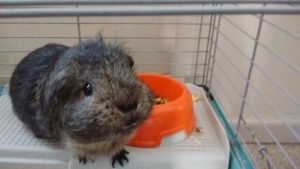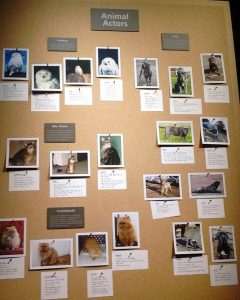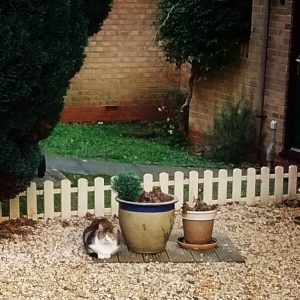This Week’s Bit of String: Bin day
I like to do an extra long hike early on Friday mornings before work. It amplifies the feeling of accomplishment for the week. Friday is Five Miler Day, but it’s also Bin Day, when the rubbish or recycling gets collected. Particularly now that it’s so dark and dreary, for stretches at a time it’s just me and the wheelie bins out there.
Sunrises and hoarfrosts aren’t exactly enhanced by eau de sanitation truck, or windblown cardboard recyclables. But flashing lorry lights reflected in dark windows, and the vehicle’s clanks and sighs, the passive-aggressive thumps of the bins back onto the pavement, say Friday to me. So I embrace the whole.
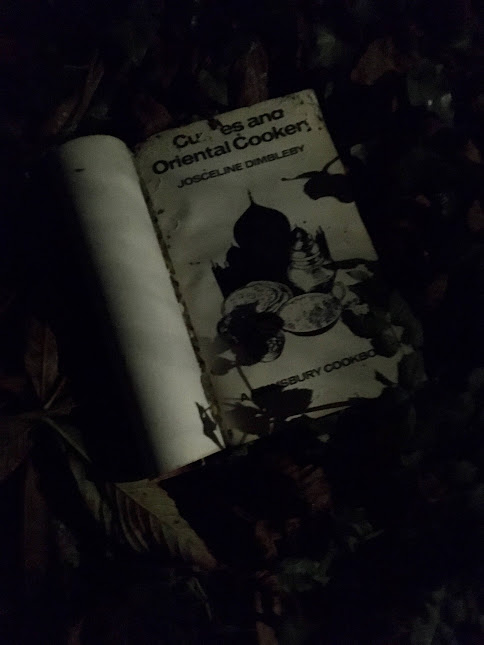
Sometimes I see a former student jogging alongside the bin lorry in his neon vest, grabbing the bins and lining them up to be emptied, and we exchange a wave. He had a great sense of humour in school and liked art and music. I hope that the other sanitation workers are a nice fellowship for him, and that his early waste collection shifts leave him time for creative pursuits. I worry that his duties might feel quite demoralising, though. I’m not sure I could handle it.
Hail the Workers
Perhaps inspired by this young man, I decided to write about a sanitation worker while experimenting in a workshop this week. Sarah Tinsley’s virtual Scribbles workshops are a fun hour of mixed exercises and sharing. We were looking at different ways of communicating what’s going on in a scene–different viewpoints, dialects… I tried a couple sentences in the voice of a young bin man, then a couple in the voice of an elderly man watching from his window.
Then, I had a go at narrating the scene in Homeric fashion, referencing “the rose-fingered dawn” that Homer so liked to mention in The Odyssey. I enjoyed this, so carried on with it. I feel we could enhance a lot of professional profiles by narrating them like ancient Greek epics. There are so many people in this world who go unsung.
“A rose-fingered dawn casts its light upon Ithaca Street, sentried on this fortuitous morn with firmly aligned ranks of fleet-wheeled waste receptacles…
“Sing, o Muse, of one who went valiantly forth and did battle on the field of GCSEs, was bested, and yea, battled them twice more in accordance with the law of the land…
“Sing how with utmost dexterity he wields the malodorous foes. One by one, before each dwelling place, he captures the rejected parcels and upends them into the belly of his vast, clanking barge. He leaves not a single receptacle correctly aligned, fearlessly conveying defiance to the very gods.”
Changing Voices
I think I’ll do more of this. It’s fun. One weekend at university, a bunch of us went on a conference and I decided to narrate the trip there. It was a good laugh. I’d narrated myself sometimes when I was younger, and once found that piping up, “Little did they know, but the girl was dying for some attention” was surprisingly effective.
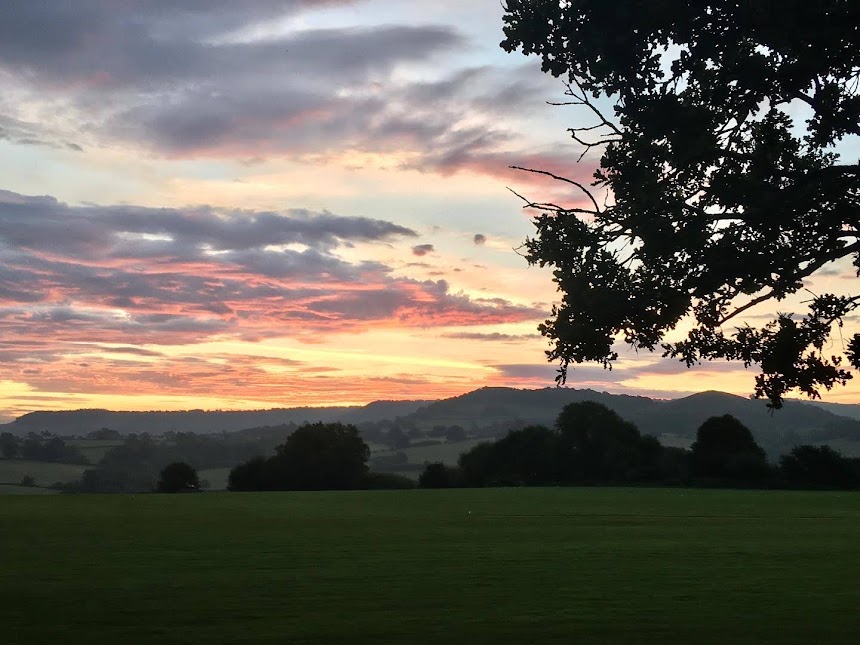
With social media now, we kind of narrate ourselves all the time. Remember when Facebook was young and naive and people put their statuses in third-person? Then it moved on to angsty first-person adolescence narration.
I think we should borrow styles more often. Try a bit of Dickensian impersonation, or David Attenborough. Brighten things up by narrating as Bob Ross. My kiddo just dressed up as him for Halloween. I threw in a brief bit of Shakespeare on election day: “Get thee to a voting booth, go!” Another example is sports commentator Andrew Cotter’s viral videos from lockdown, when he narrated his dogs as if they were engaged in sport.
So, as we head into another busy week, let’s have a bit of fun sometimes and make each other feel epic. Lift up an unexpected character, who doesn’t usually get to play the hero; try on a different style. See what happens!
